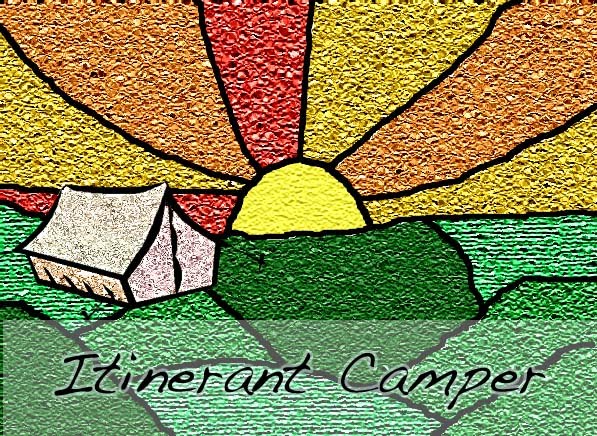Starting my second masters in May to get my MSW appears to many like i’m a glutton for punishment. I often question this of myself, why does one need two masters other than to get more letters behind your name and get lots of nice papers and tassels to put on the wall. One of the critical components of the MSW is field work or an internship. This where the rubber hits the road to say and all of the theories and concepts that you learn out of books and doodle in your notebooks if you're like me hit you smack in the face.
In seminary my field placement was in a food pantry in an affluent county in New Jersey where we competed for grants against cities like Newark, Camden, Paterson. Where the need is at least perceived to be greater. But the county I worked in had a great deal of the in be-tweeners or the people who are only one or two paychecks away from disaster. Heaven forbid the car needs repair or someone gets sick, they are right there at the welfare office begging for help to get past a hump. Known as ALICE, for Asset Limited, Income Constrained, Employed.
I have found in my work in social services both secular and religious that there is a huge gap between public assistance and not. But what of the in between, those who need that extra $30 in food stamp/SNAP benefits to make it to just exist not even save. But they make in their gross pay too much. What of them? My MSW field placement is at a men's homeless shelter in a country of great wealth disparity. One side of the county is tremendously wealthy but the other side is tremendously poverty stricken. Likewise this shelter takes men from a neighboring county where there is a MAJOR state university but won’t help you unless you are getting $2.00 a month or less it seems. I also work at 211 where I take calls from all over the state of NJ for people asking for assistance and do a lot of intakes for said county's residents. What can I offer them when they call in homeless at 9:00pm on a Friday night. Nothing.
I am frustrated by all of this, my lack of being able to help, to feed, to clothe, to shelter, to keep warm in the winter, get needed prescriptions let alone give spiritual solace to. Pope Francis recently said “You pray for the hungry. Then you feed them. That’s how prayer works.”
This is an insurmountable task to even dream of some days after I'm done with work or my internship, when I feel most productive banging my head against the wall. I am left to wonder of the gift of the Holy Spirit and Jesus’ time on Earth taught us anything at all. Jesus might today be that homeless person who goes to work, makes a wage, not a living wage but still to much for assistance other than maybe $16.00 a month in food stamps. But can not afford a safe decent place to live. He and the disciples instead of a boat might have had a run down van and an ‘Obama’ phone as the guys at the shelter call it, or a government sponsored phone with 250 free minutes and unlimited texts a month. Living the high life for sure.
This is an insurmountable task to even dream of some days after I'm done with work or my internship, when I feel most productive banging my head against the wall. I am left to wonder of the gift of the Holy Spirit and Jesus’ time on Earth taught us anything at all. Jesus might today be that homeless person who goes to work, makes a wage, not a living wage but still to much for assistance other than maybe $16.00 a month in food stamps. But can not afford a safe decent place to live. He and the disciples instead of a boat might have had a run down van and an ‘Obama’ phone as the guys at the shelter call it, or a government sponsored phone with 250 free minutes and unlimited texts a month. Living the high life for sure.
I might be blaspheming to some here but the truth and reality can slap you upside the head mighty fast. I see all the resources that churches and faith groups have an wonder why social service and faith need be separate. I hate giving referrals where there is a condition to get a meal you must go to the church service before hand. It's wrong and not the way that Jesus operated at all. You sat down you had a conversation you ate together even if it was a scrap of bread a dash of oil, and a tiny piece of fish. You did it together not forcing. I think this is where the disconnect often happens.
Our buildings are becoming just that buildings that collect dust, what if we as people of faith were truly able to serve the in-betweeners and fill gaps to help people get strong for themselves and then return the good will to others who have become in-betweeners. What if Suppose a brother or a sister is without clothes and daily food. In the letter of, James we are told, "If one of you says to them, “Go in peace; keep warm and well fed,” but does nothing about their physical needs, what good is it? (James 2 15) became a lifestyle and not just words on a page.

